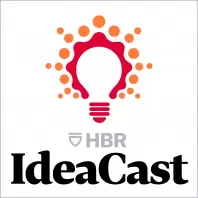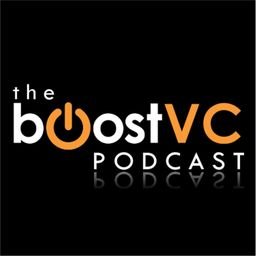
HBR IdeaCast

Basic Member
Similar Podcasts
"I'd Podcast That 2.0" is a show filled with "Premium" resources and information for successful podcasting.
"Engineering The Future" podcast is hosted by Jerome James.
TED Health, a podcast hosted by Dr. Shoshana Ungerleider.
"How To Be 60 with Kaye Adams" is a podcast hosted by Kaye Adams.
The Standout Business Show is a dynamic podcast hosted by Brad Powell.
The Flipping 50 Show, hosted by Debra Atkinson.
The Consumer VC, podcast hosted by Mike Gelb.
"Financial Secrets Revealed," hosted by Amanda Cassar. Inspired by Amanda's book of the same name.
The Boost VC Podcast, hosted by Adam Draper.








